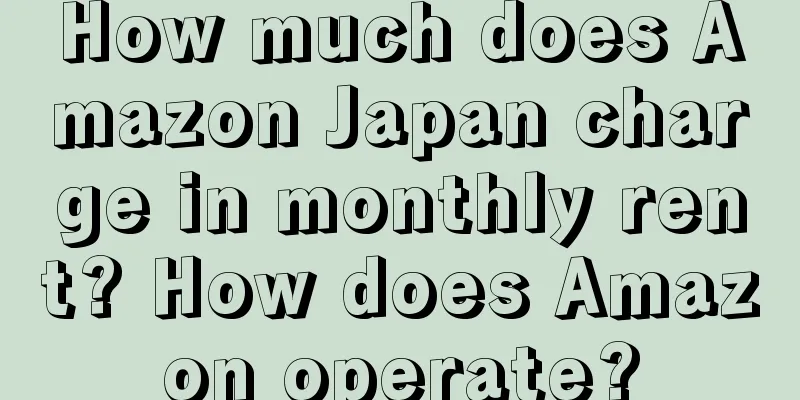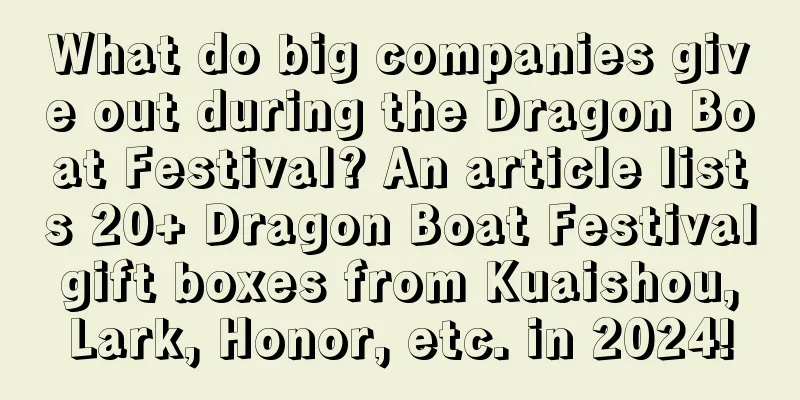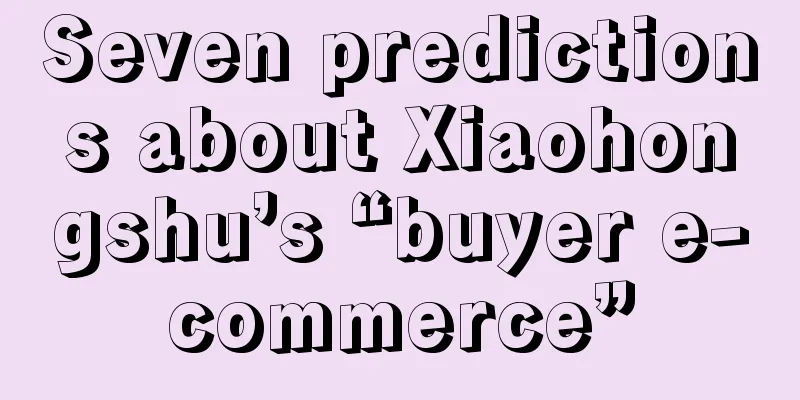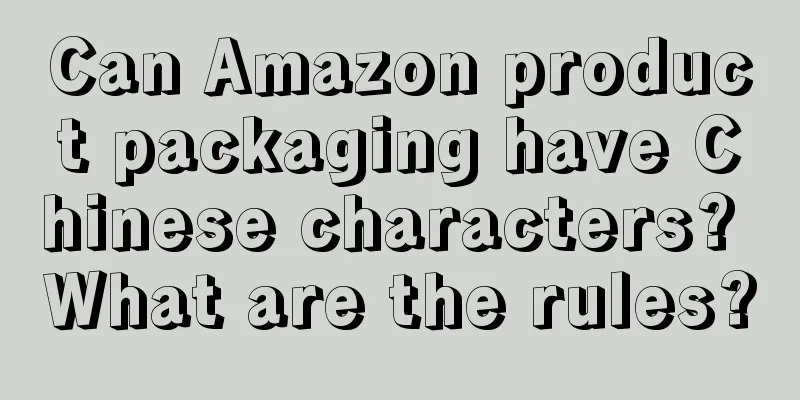Manner's current main contradiction is the mismatch between its boutique positioning and its cost-effective route.
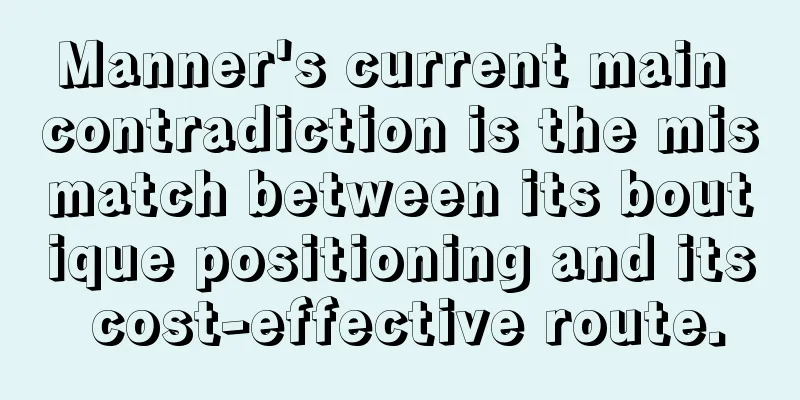
The business dynamics we focus on in this issue are: the business thinking behind the Manner conflict - the tension between brand positioning and cost-effectiveness. The conflict between Manner staff and customers is still being hotly discussed. Last night, Manner responded, saying that it had "pacified" the relevant employees and would strengthen employee training and care. However, the doubts in the comment section have not dissipated. An industry practitioner accurately summarized the attention aroused by this incident into three points: the anger of workers, the sorrow of the service industry, and the internal battle in the coffee industry. In our opinion, there is a common direction behind these three points, which is the essence of the outbreak of contradictions, that is: in the current coffee market competition dominated by low prices and unprecedentedly fierce competition among chain brands, Manner's brand positioning and cost-effective route bring about contradictory tensions and operational difficulties. Manner was born in 2015. In the public's perception, it is a cost-effective coffee brand with a boutique feel. Its sense of quality is reflected in the fact that when the industry generally uses fully automatic coffee machines that are more efficient and easier to use, it insists on using semi-automatic coffee machines, frequently updates SOE coffee beans, and continues to provide personalized services such as hand brewing, personalized latte art, and a 5 yuan discount for bringing your own cup. But at the same time, in the eyes of most coffee consumers, Manner is a cost-effective brand. Its pricing is almost half of Starbucks. It is a small shop of more than ten square meters, with basically no more than three employees. It is called "working people's staple coffee" by many consumers. The terms "quality" and "cost-effectiveness" are contradictory. In different market environments, the results can be reflected in advantageous differentiation or operational tension. When Manner was first established, there was no Luckin Coffee in the coffee market, no coffee startup financing boom, and no subsequent ebb, let alone low prices. Therefore, in the early days when market competition was not fierce and Manner still had the ability to raise funds, a cost-effective coffee brand with a boutique feel had certain differentiated advantages compared to its then competitor Starbucks, and the market's requirements for Manner's store size and single-store profitability were not as high as they are today. Now the coffee market is more competitive, or rather, the competition in the entire consumer market is very fierce. Although the 9.9 yuan price war between Luckin Coffee and Kudi did not directly involve Manner, it will indirectly affect consumers' psychological anchor point for coffee cost-effectiveness and will also affect its store expansion speed. At the same time, as consumer investment recedes, Manner also needs to quickly improve its ability to make money, increase store scale and single store profitability. In the positioning of the entire coffee market, Manner is neither up nor down. It is not a niche coffee that takes the absolute boutique route, nor is it Starbucks, which has a brand foundation and is superior in user loyalty and barista recognition. It is also not Luckin Coffee, which has the ultimate efficiency/ultimate scale and therefore the ultimate cost-effectiveness. So in theory, there are two ways to improve profitability. One is to move upward, increase the average customer spending, expand the store, and provide services, but at the same time give up scale, which is obviously not in line with the current cost-effective consumption trend and is also contrary to Manner's original store model. The other is what Manner has chosen, which is to continue to follow the cost-effective model, but at the cost of cutting costs and squeezing efficiency in every link. However, the cost-effective business model has extremely high requirements. E-commerce and coffee are the two markets where we perceive the most intense cost-effective competition. Pinduoduo and Luckin Coffee are the leaders in these two cases. From the development of these two cases, we can conclude that the core of the cost-effective model to survive and make profits includes: extremely standardized supply, a large market share, and efficient matching of people and goods. Therefore, not all industries, categories, brands, and companies are capable of taking the cost-effective route. Cost-effectiveness that does not have the above characteristics is difficult to achieve positive self-drive, and most can only be achieved by forcibly reducing the profits of all parties in the chain. The result of "forcing" will be violent and destructive, such as JD.com's imitation of Pinduoduo. The sense of quality presented by Manner is precisely based on anti-standardization and anti-efficiency. Frequently updated SOE coffee beans, semi-automatic coffee machines, hand brewing, and bring your own cup are all non-standard supplies and services. For example, bringing your own cup means that you must go to the store to complete the consumption, you cannot place orders online in advance, and the clerk cannot prepare orders in advance, so the congestion effect during peak hours will be very obvious. One of the customers in this conflict incident was a customer who brought his own cup. Under the premise that the store size and the number of cups sold per store per day cannot be increased in the short term, and the number of employees cannot be significantly increased due to factors such as store type and difficulty in supplying baristas, the work that individual employees have to do will increase. For example, we saw posts from Manner employees on Xiaohongshu: "You have to be able to finish 500 cups by yourself in 8 hours"; "You have to memorize the recipe according to Manner's requirements, but you have almost no time due to the intensity of work"; "We have started to significantly reduce staff this year. Stores with daily sales of less than 5,000 yuan basically have only one clerk. The mini program, takeout, and store are all done by one person". Then, the problem breaks out. And the problem is likely not only generated when it breaks out, but has been accumulating. What's more, Manner is in a domestic coffee industry that has not yet truly achieved a virtuous cycle and diversified supply in low-price competition. Luckin Coffee, the king of efficiency, has swallowed up most of the market opportunities in a whirlwind, and even Starbucks has been forced to engage in price marketing. Low prices are not necessarily detrimental to the industry. Manner initially achieved rapid development by relying on cost-effectiveness and other factors. However, if low prices are no longer the result of new technologies, new products, and more efficient distribution methods, all industry players will be forced to cut costs and give up profits in order to survive, and the tension between the various links in the industry will be huge. Manner cannot do without the cost-effective route for the time being, but it needs more sophisticated and sophisticated operational and management capabilities to reconcile the current mismatch problem and survive the fierce industry competition before it can continue to move forward. Of course, this is difficult. As the side effects of low prices appear more and more in the fields of e-commerce and coffee, Pang Donglai, which does not rely on low prices but services, is increasingly being praised. Learning from Pang Donglai to improve service capabilities is a way of thinking. The ultimate service itself is a kind of influence and attraction, but Pang Donglai has its own particularity. It is not a listed company, so it can decide how to distribute its assets within the company. However, the listed companies it supports, such as Yonghui, must be accountable to the market and shareholders, and there must be reasons and guarantees for how every penny is spent. This is the relative lack of freedom for Yonghui and other learners. Manner may be able to overcome the public opinion crisis with a single response, or resolve the tension through adjustments, but the tension in the industry requires more forces to participate and more time to overcome, and may still have to go through some violence in the process. In addition to discussions surrounding low prices and labor-management relations, it is also worth paying attention to how Manner conducts crisis public relations in this incident. Manner's response was not timely, and he did not respond to the audience's accountability and emotions in a timely manner. In the new era, the way brands communicate with consumers is more direct. Car brands have already taken the lead. Although CEOs doing live broadcasts may not necessarily be as successful as Lei Jun, they have realized that they need to open up a new marketing front that keeps up with the times, and no longer just post cold articles and talk to themselves. Companies, like people, are born in the times and adapt to the times. Without the era of cost-effective coffee, Manner would not be born. The industry cannot be dominated by one company alone. If there is only Starbucks in the Chinese coffee market, it will not progress. It needs to achieve prosperity through methods including cost-effectiveness. However, if the price-performance ratio is only about cost and price, and if the most powerful link does not encourage creation and innovation, and does not share profits with all links in the industrial chain, sooner or later someone will be unable to hold back and will actively or passively do so. Since last year's big promotion, the relationship between merchants and platforms has been broken under the drive of low prices. In the long run, an unhealthy low-price system will sooner or later collapse. The solution is difficult. But we believe in a simple business ethic: with great power comes great responsibility. |
>>: Oral video, Chinese manufacturers join the battle
Recommend
Replay of "Black Friday": Temu still need to pay a huge tuition
As the predecessor of Double Eleven in the Europea...
The harder it is, the more you need to invest in product advertising
How to do a good job of brand communication in the...
Is the fan circleization of marketing a trend?
Marketing is gradually becoming inward-looking. Le...
From "social currency" to "target of public criticism", whose heart has been hurt by Jasmine Yogurt?
This article starts with the recent hot news about...
Overseas user research, decentralized user research
This article explores the concept of decentralized...
Are there many inquiries for companies ranked high on Alibaba International? Interpretation of ranking rules
Alibaba International Station is the territory of ...
Transforming into a copywriter and joke teller, how does RT-Mart stir up your emotions?
Under the impact of online grocery shopping, young...
How to do a good job in B-side business? After talking with several experts, I concluded four points
In recent years, the economy has been in a downtur...
How to pay with Afterpay? How to use Afterpay?
Afterpay is an Australian payment technology compa...
E-commerce platforms are fighting hard for the New Year Shopping Festival
As the Spring Festival is approaching, e-commerce ...
What sites does eBay have? Which eBay site is good for business?
As a member of the cross-border e-commerce platfor...
Paris Olympic Games brand marketing "learning materials" released
When the Olympic flame lit up in the night sky of ...
In the annual Spring Festival Marketing Competition, how do the rabbit and I come up with thousands of tricks?
For brand marketing, the Lunar New Year as a marke...
“The next DeepSeek”? Manus hasn’t woken up Silicon Valley yet
The emergence of Manus has caused a stir in the do...
18 yuan for 100,000 likes, the popularity of the live broadcast room depends entirely on brushing
This article revolves around the term "data b...



